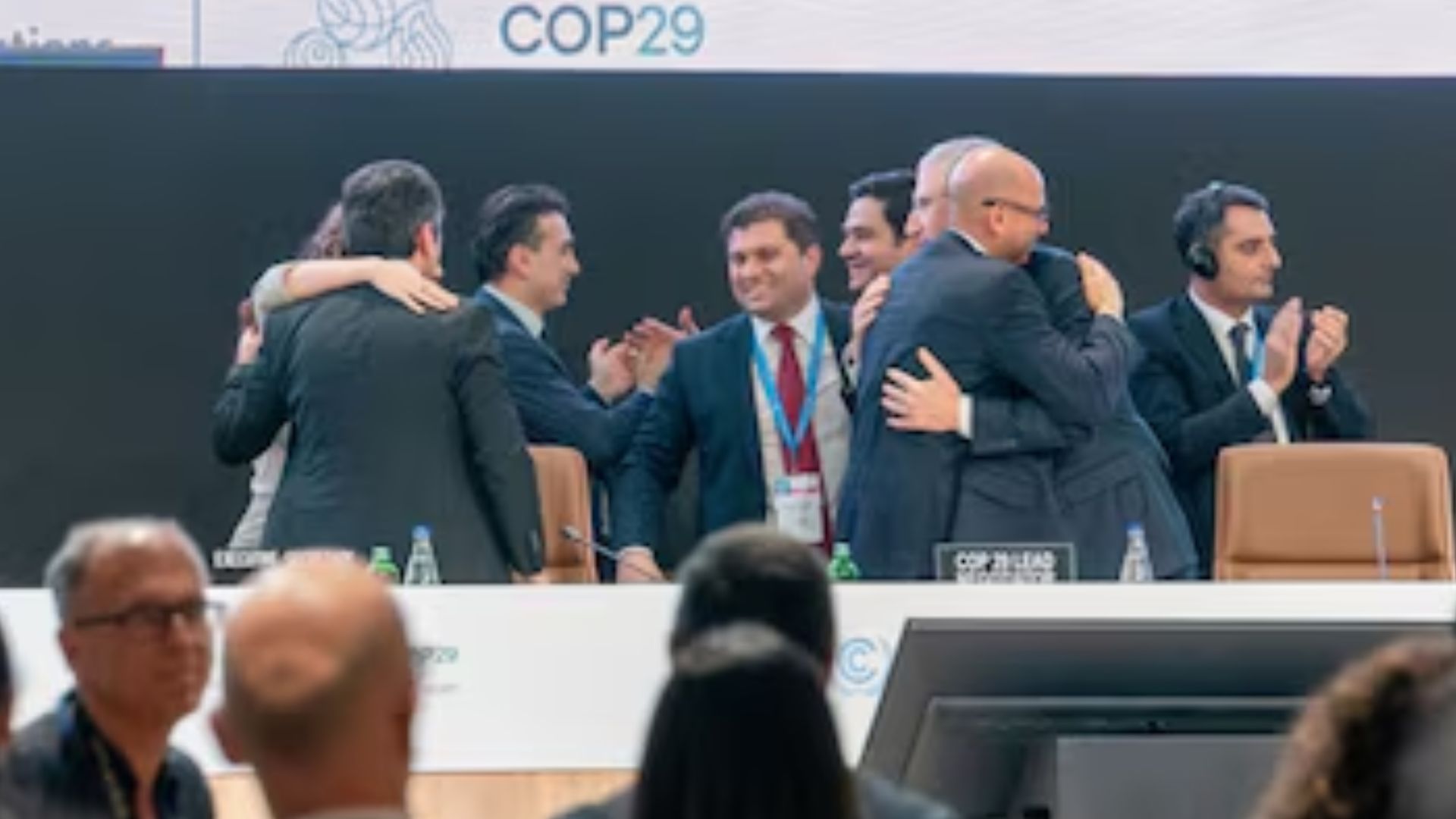
In a world often overshadowed by grand gestures and larger-than-life accomplishments, it is easy to overlook the profound impact of small acts of kindness. However, it is these seemingly insignificant gestures that form the bedrock of compassion, empathy, and human connection. From a smile exchanged with a stranger to holding the door open for someone, the power of small acts of kindness should not be underestimated. In the fast running world today, these simple deeds have the potential to create a ripple effect, touching lives in ways we may never fully comprehend.
Small acts of kindness serve as the threads that weave the fabric of our society. When we extend a helping hand or offer words of encouragement, we strengthen the bonds that tie us together as human beings. In a world often characterized by division and strife, these acts remind us of our shared humanity and the importance of looking out for one another.
Kindness breeds kindness. When we witness someone extending a small act of kindness, it not only warms our hearts but also inspires us to pay it forward. Whether it is buying a coffee for the person behind you in line or offering a listening ear to a friend in need, these acts create a ripple effect of compassion that can spread far and wide.
Kindness not only benefits the recipient but also the giver. Studies have shown that performing acts of kindness releases endorphins in the brain, leading to what is commonly known as the “helper’s high.” Additionally, acts of kindness have been linked to reduced stress, anxiety, and depression, highlighting the profound impact that small gestures of goodwill can have on our mental well-being. It is indeed easy to feel overwhelmed by the seemingly insurmountable challenges facing our world today. However, small acts of kindness remind us that we all have the power to make a difference, no matter how small our actions may seem. Simply offering a word of encouragement to someone going through a tough time, has the potential to create a positive impact.
In Indian culture, a lot many concepts if practiced, actually contribute to overall kindness. Ahimsa (Non-violence), is all about refraining from harming any living being, including animals and insects. Seva (Selfless Service), is all about volunteering without expecting anything in return is another concept. Karuna (Compassion), is all about offering food or water, providing shelter or medical attention and listening empathetically to someone who is going through a difficult time and offering support without judgment. Maitri (Loving-kindness), is about sending positive thoughts or prayers for the well-being of others, including strangers and those we may perceive as adversaries. Offering a smile or a kind word to someone who looks upset or distressed and practicing forgiveness and letting go of grudges, cultivating inner peace and harmony. And finally, Dana (Generosity) is about donating clothes, food, or money to those in need. Offering assistance or resources to help someone achieve their goals or fulfil their needs without expecting anything in return.
It is interesting to note that right from our childhood we have had access to stories like ‘Panchatantra’ or ‘Jataka Tales’ which are a collection of ancient Indian fables that teach moral lessons through animal characters. Many of these stories emphasize the importance of kindness, empathy, and compassion. The stories of Tenali Raman feature a witty and clever courtier who uses his intelligence to outsmart adversaries and solve problems.
Among these stories, there are also examples that emphasize acts of kindness and moral values. For instance, in “The Wise Thief,” Tenali Raman teaches a thief the importance of honesty and integrity through a series of clever tricks. In fact, not just stories, but also many movies and plays feature narratives that revolve around the concept of paying it forward, where characters engage in acts of kindness with the expectation that the recipient will then pay it forward to someone else. This creates a chain reaction of kindness that spreads throughout the story, illustrating the transformative power of small acts of generosity.
Also, the stereotype that kindness is the exclusive domain of the wealthy should be overcome. Acts of kindness are not confined to any particular social class; they are woven into the fabric of society, transcending economic boundaries. These can be found in every corner of society, regardless of economic status. The impoverished may lack material wealth, but they possess an abundance of spiritual richness and generosity. Despite limited resources, the poor often demonstrate remarkable generosity and kindness in their daily lives. They may share meagre meals with neighbours, offer shelter to those in need, or provide emotional support to fellow community members. Small acts of kindness take on heightened significance in impoverished communities, where every gesture of goodwill can make a tangible difference in someone’s life. These acts are not motivated by wealth or status but by a genuine desire to alleviate suffering and promote well-being.
Small acts of kindness may seem insignificant on their own, but collectively, they have the power to create a ripple effect that can transform lives and communities. Whether it’s a smile, a helping hand, or a simple word of encouragement, never underestimate the impact that your actions can have. By embracing kindness in our daily lives, we have the opportunity to create a brighter, more compassionate world for generations to come.
Ultimately, the cumulative effect of small acts of kindness is the creation of a culture of kindness. When kindness becomes the norm rather than the exception, it transforms communities, workplaces, and societies at large. It fosters an environment where empathy, compassion, and cooperation thrive, paving the way for a more inclusive and harmonious world.
Dr Benazir Patil is the Chief Executive Officer of SCHOOL, a non-profit organisation that works for ensuring good health & well-being.















